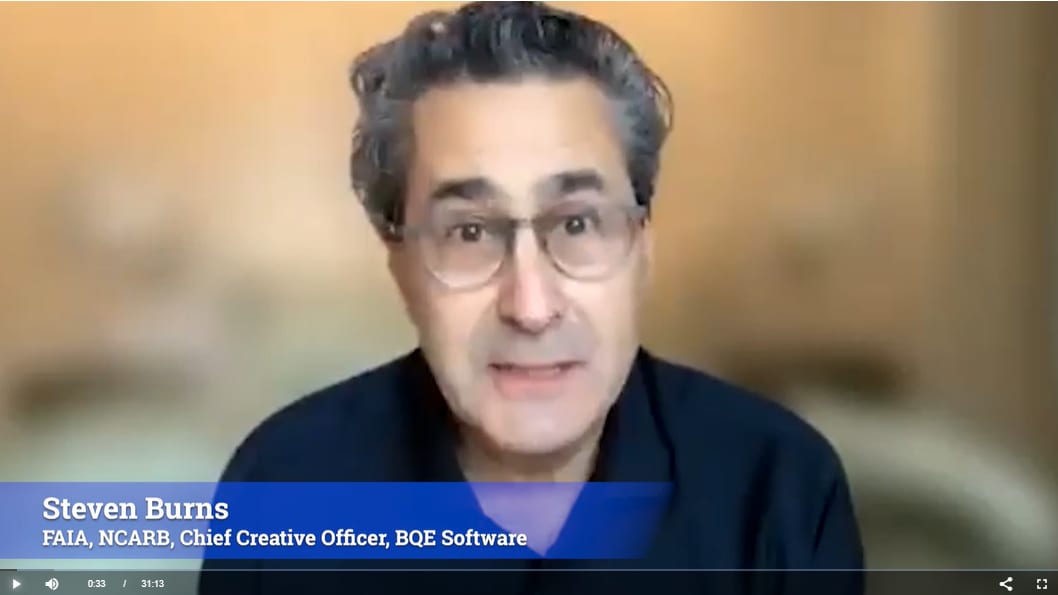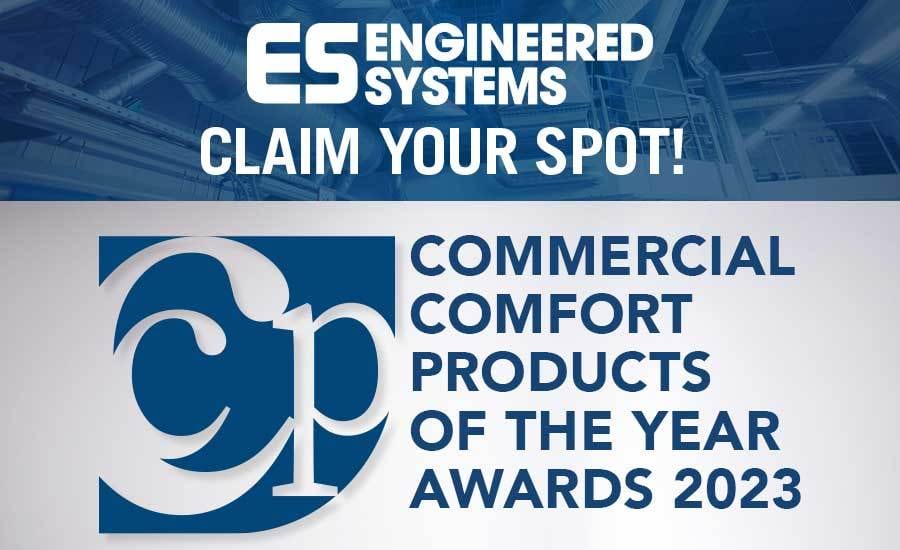
Every successful project starts with a framework. A vision statement. A blueprint. The staff of Engineered Systems is proud to present The Blueprint — a monthly Q&A interview with HVACR engineering’s leading voices. These one-on-one discussions examine the trade’s history, current industry trends, the factors shaping the sector’s future, and more.
In this Blueprint Q&A, Michael Daly, chief technology officer, ECM Technologies, introduces readers to ThermaClear, examines the concept of oil fouling, explains how he’s found the HVACR industry’s fountain of youth, and much more.
Engineered Systems: For those of us in the engineering industry, it should come as no surprise that HVAC systems become less efficient over time. I know your company has done a great deal of research on this topic. Can you enlighten us on some of the information you've discovered?
Daly: You’re correct, HVAC systems experience a degradation of performance over time. For the most part, building occupants only care if they’re comfortable; they don’t care if the HVAC system is operating optimally. Very few of the causes for this degradation have been thoroughly researched. One are we focused on is called oil fouling, which is a slow degradation that, in essence, is robbing HVAC systems of their performance by impeding the heat transfer of those systems. All systems, other than those using oil-less, magnetic-bearing compressors, experience this. Oil fouling was first identified around 14 years ago. Design engineers have spent a lot of time optimizing systems to mitigate the effects of oil fouling, but it's really inherent in all designs.
Engineered Systems: How and why does oil fouling occur? Is it sort of like an automobile, where the oil sort of gums up and needs to be changed?
Daly: Oil in an automotive engine is an excellent example. Oil breaks down from excessive heat or contamination. And, in cars, we have the luxury of routine maintenance, allowing drivers to change their oil regularly. However, most HVAC compressors are hermetically sealed, thus you can’t change the oil. And, nobody would ever want to you to as you’d have to purge the refrigerant from the system, cut the compressor out, drain the oil out of it, and replace it. We just don't want to do that. So, the oil typically stays within the system for its entire lifecycle. Within that compressor, oil serves two purposes. First, it’s mean to reduce friction on the moving mechanical parts. Secondly, it acts as a seal for the gap between those mechanical parts. Just like in our automobile, there are oil rings in the compressor, on the pistons, and it's trying to keep enough oil to lubricate the cylinder. But, inevitably, it's there trying to keep it in the sump and crankcase. The reality is that, occasionally, some of the oil escapes.
Read the entire interview on Engineered Systems’ website.


ON THE INTERNET
Percussive Maintenance is defined as the use of physical concussion, such as a knock or a tap, in an attempt to make a malfunctioning device (or person) work. In Engineered Systems’ Percussive Maintenance podcast, we’re poised to do much more than rattle the engineering industry’s exterior; we’re digging deeper into the subjects and topics that matter most with some of the industry’s most influential names.
In the latest episode, Steven Burns, FAIA, NCARB, chief creative officer, BQE Software, shares the analytics behind key performance indicators and how and why your firm should be tracking its results. Click here to listen to the latest episode of the Percussive Maintenance podcast.


Commercial Comfort Products of the Year
Engineered Systems' Commercial Comfort Products of the Year Awards contest (CCP) was established to honor excellence in HVACR product design. The prestigious awards program showcases the most innovative products across eight categories: Commercial Controls/BAS/BIM, Cooling Towers/Chillers, Heating/Boilers, IAQ & Ventilation, Motors/Drives, Pumps/Flow Controls, Rooftop Units, and VRV/VRF.
The early bird deadline ($50 per entry) is April 17 and the final deadline ($150 per entry) is May 8.
Click here to learn more.


Free Continuing Education Credits
BNP Media’s Continuing Education Center is your home for free, easy-to-access continuing education credits. Check out our latest course “Using Ventilation Systems to Limit the Spread of Airborne Infections,” and earn 1 AIA LU/HSW, 1 PDH, 0.1 IACET CEU, 1 NATE CEH, and 1 PDH. Learn more by clicking here.